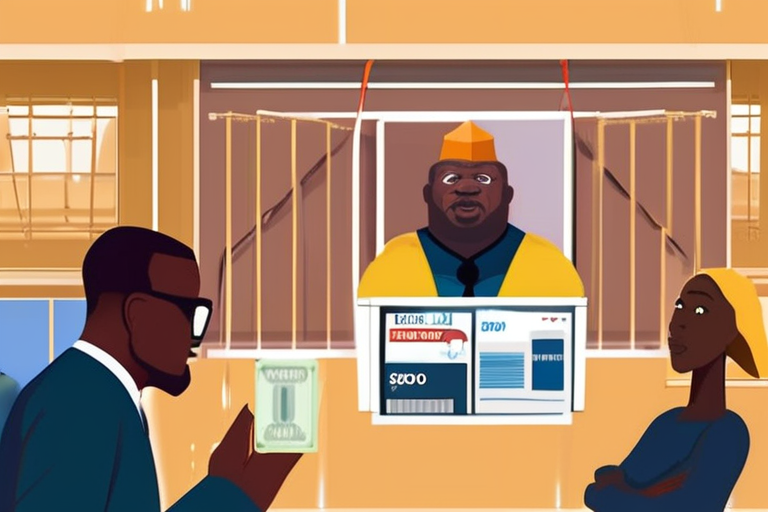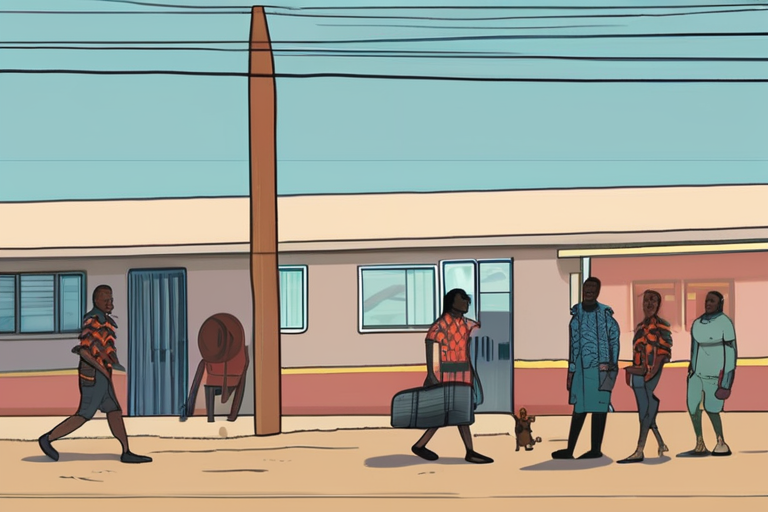Mali Hits Back: $10,000 Visa Bond Slapped on US Visitors Amid Diplomatic Tensions


Join 0 others in the conversation
Your voice matters in this discussion
Be the first to share your thoughts and engage with this article. Your perspective matters!
Discover articles from our community

 Hoppi
Hoppi

 Hoppi
Hoppi

 Hoppi
Hoppi

 Hoppi
Hoppi

 Hoppi
Hoppi

 Hoppi
Hoppi

US and Russia's Proxy War Bleeds Africa In a move that has sparked concern among African nations and international observers, …

Hoppi

West Africans Deported from US to Ghana 'Dumped Without Documents in Togo' LOMÉ, TOGO - At least eight West African …

Hoppi

Mali's Capital Paralyzed by Fuel Blockade as Militants Attack Tankers Bamako, Mali - A month-long fuel blockade imposed by militants …

Hoppi

The $15,000 US Visa Bond Locks Malawians Out of the American Dream LILONGWE, MALAWI - The introduction of a $15,000 …

Hoppi

As U.S. Pressure Mounts, Venezuela's Foreign 'Hostages' Face Growing Uncertainty BOGOTÁ, Colombia - Manuel Alejandro Tique, a 32-year-old humanitarian worker, …

Hoppi

Mali's Capital Paralyzed by Fuel Blockade: Business at a Standstill Bamako, Mali - A month-long fuel blockade imposed by jihadists …

Hoppi